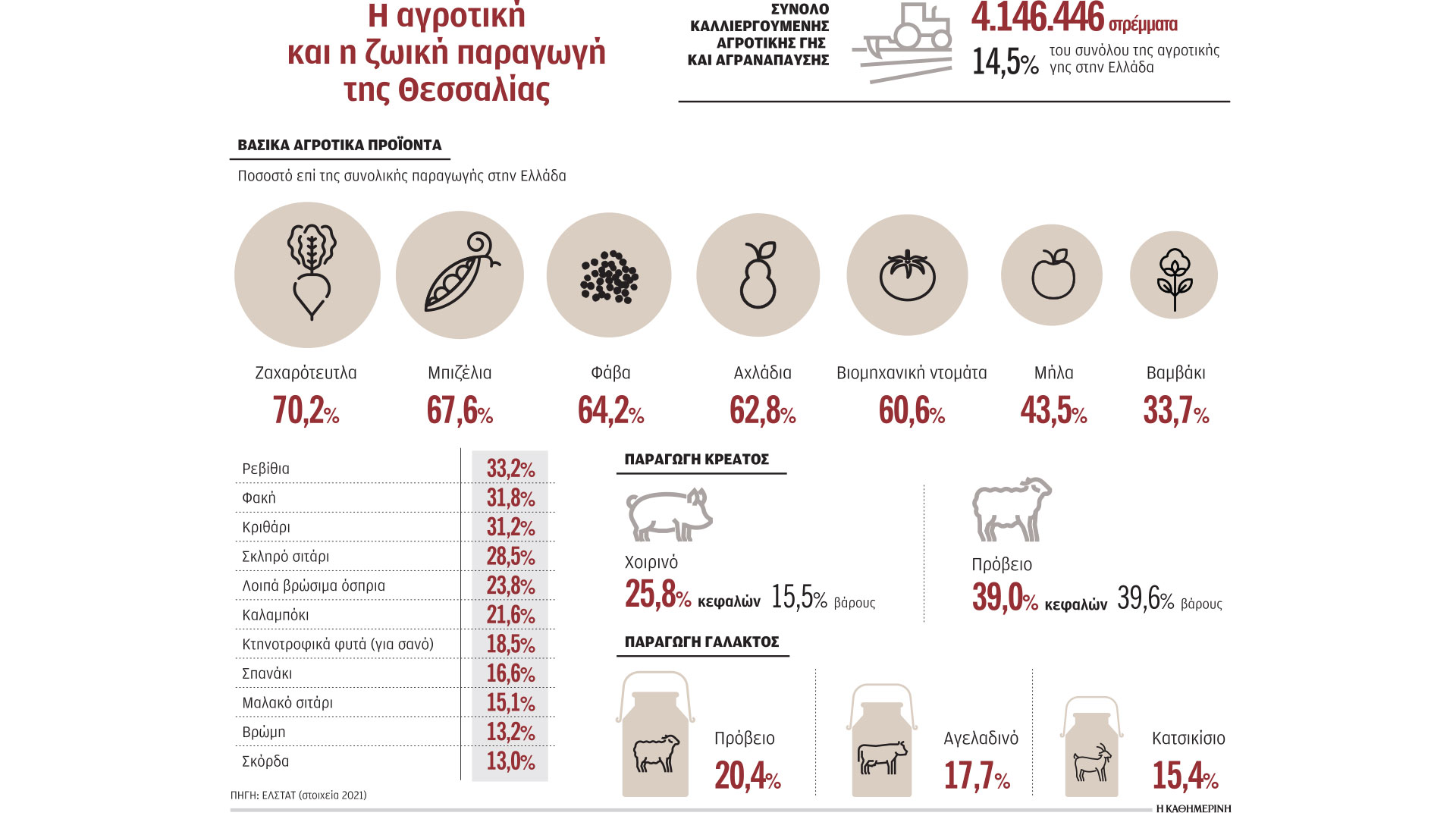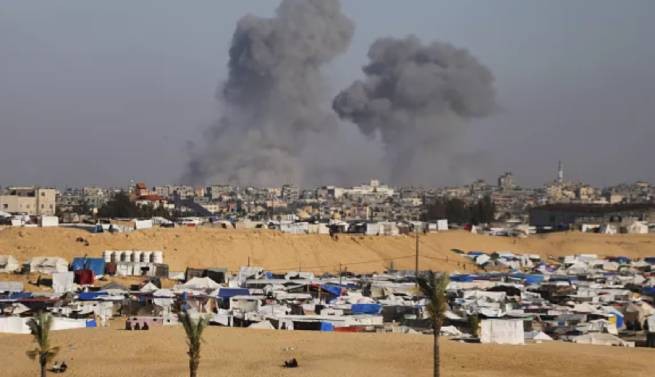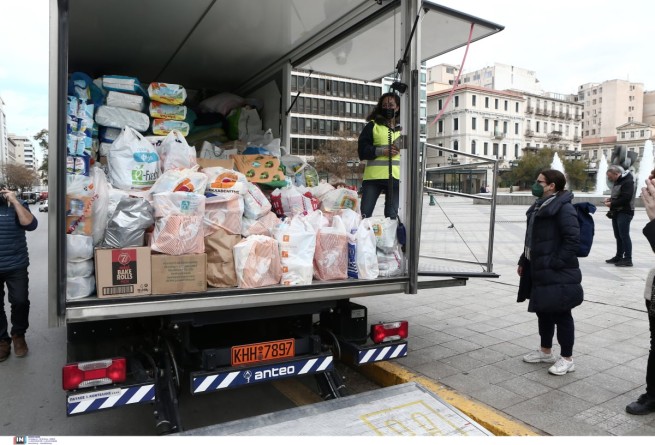Cyclone Daniel, which literally “drowned” Central Greece, caused enormous damage to agricultural and livestock production.
The consequences of the weather disasters for the country’s agricultural and livestock production are incalculable, since a very large part of the Thessalian plain, as well as crops in the mountain villages of Magnesia, suffered significant damage or were completely destroyed.
At the same time, most of the livestock died, which will have consequences for the production of meat and dairy and cheese products. According to experts, the consequences of bad weather will affect not only producers and the food industry, but also consumers, since market factors cannot rule out causing a new wave of inflation.
Although the competent services of the Ministry of Rural Development are still cannot assess the extent of the damage, it is estimated that almost 100% of the cotton was destroyed because the crop had not yet been harvested. Damage to grapevines, corn, clover (mainly alfalfa) and late varieties of industrial tomatoes is also very high. On the other hand, less damage is caused to grain crops, since the harvesting was carried out in the summer and the fields will be drained by the time of the next sowing.
There is also soil quality problem, especially in areas located on slopes. As Panagiotis Chatzinikolaou, managing director of the Greek agricultural organization ELGO-DIMITRA, explains to Kathimerini, in areas located on slopes, the quality of the soil may change significantly and they may no longer be suitable for agricultural use. However, in other cases, more water can benefit crops in subsequent years.
As soon as conditions permit, ELGO mobile teams will conduct direct soil sampling and analysis of flooded fields to measure soil fertility and provide recommendations for soil restoration.
It is worth noting that agricultural land in the Thessaly region exceeds 400 thousand hectares, which is 14.5% of the total agricultural area of Greece.

On the Thessalian Plain, 1/3 of Greek cotton, 70% of sugar beets, 60% of industrial tomatoes, more than 30% of barley, horticultural crops, more than 50% of important legumes and almost 20% of feed (hay) are grown. The region is also important in terms of pork and lamb production (16% and 36% of total production in Greece, respectively). In addition, Thessaly produces more than 20% of sheep’s milk, which is used to make feta and other cheese products.
While there are no significant shortages yet, it is expected that we will see this in the coming weeks.
“The market is working satisfactorily so far, and some problems are observed mainly in leafy vegetables such as lettuce, carrots,” Apostolos Apostolakos, managing director of the Organization of Central Markets and Fisheries (OKAA), told Kathimerini. However, he stressed that a clearer picture of a possible shortage will become apparent when the damage to plant and livestock production in Thessaly is recorded. He attributed the shortage of the above products to the prolonged drought and high temperatures that existed in previous weeks, which led to a reduction in production.
A fact that is already currently causing shortages and mainly delays in the supply of grocery stores is that the Athens-Thessaloniki national road remains closed in some places.
“Trucks travel 12 hours instead of 5 hours,” Lambros Papakosmas, an authorized consultant for the Hellenic Hypermarkets Sklavenitis group, said characteristically. Metro AEBE chief Aristotelis Panteliadis pointed to significant supply problems due to delays caused by the closure of the national road.
According to his estimates, in the short term there will be problems with the production of green vegetables and apples. In addition, Cyclone Daniel brought many summer seasonal fruits to an early end.
Although supermarket representatives refused to saywhether bad weather conditions and production and supply disruptions will lead to price increasesthey highlight that the impact of the cyclone and its aftermath on rising prices for a range of products (from fruit and vegetables to meat, dairy and cheese) is likely.







More Stories
Real estate: investment interest in private islands in Greece
Eurostat: what goods and services do Greeks purchase online?
Optimistic forecasts for the Greek economy